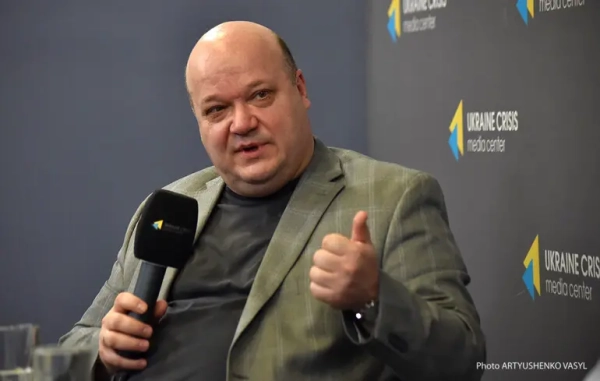
It’s been about two weeks since President Donald Trump said Republicans would deliver a 10 percent tax cut to the middle class before the 2018 midterm elections. Of course it was never going to happen.
The president has been pulling out all the stops in an effort to get his base fired up ahead of Tuesday, including stoking fears about a migrant caravan hundreds of miles away and rolling out a race-baiting closing ad.
Beyond the fear-mongering, Trump in late October also started to say the GOP was also going to pass a new tax cut ahead of the election, telling reporters he and congressional leaders were working “round the clock” to get it done. At a subsequent campaign rally in Texas, he repeated the claim, saying it would be “put in next week.”
It was an essentially impossible feat from the get-go: There was no discernible plan in the works, and his aides reportedly had no idea it was coming. Congress wasn’t even in session. (When a reporter pointed it out to Trump, he said the vote would be after the election, but not the proposal.)
Trump and Rep. Kevin Brady (R-TX), chairman of the House Ways and Means Committee, this week admitted that there’s no middle-class tax cut on the way in the currently-empty halls of Congress. But they’re still trying to dangle out the carrot, saying they’ll take “swift action” on a 10 percent cut at the start of the new Congress next year.
Instead of talking about the tax bill they already passed, Republicans are focusing on new ones.
Trump and Republicans are caught in an odd loop around tax legislation and the midterms. They passed a tax cut bill last year, but because it hasn’t been very appealing to voters, they’re not really talking about it on the campaign trail. Instead, they’re making new, and in Trump’s case, nebulous promises about some future bill if you just vote for them again.
In September, House Republicans rolled out “Tax Reform 2.0,” a set of new proposals to add on to the 2017 bill. Among other things, the proposals would make the individual tax cuts contained in last year’s legislation permanent — they’re currently scheduled to expire after 2025.
Later in the month, the House quietly passed the bill that would extend the individual cuts when most of the media’s attention was on then-Supreme Court nominee Brett Kavanaugh. They sent it to the Senate, which appears to have no intention of taking it up.
One Republican congressional aide told Vox’s Tara Golshan that individual lawmakers have been musing about the idea of additional tax cuts, but there isn’t a plan under discussion.
The GOP had a chance to create a tax cut that did more for the middle class when it passed the Tax Cuts and Jobs Act in 2017. That perhaps would have been more appealing to voters.
Instead, Republicans went with a tax bill that, while it does cut taxes for most Americans, overwhelmingly benefits the rich and corporations.
According to estimates from the Center on Budget and Policy Priorities, while most Americans will benefit at least somewhat, the top fifth of earners get 70 percent of the bill’s benefits, and the top 1 percent get 34 percent. The new tax treatment for “pass-through” entities — companies organized as sole proprietorships, partnerships, LLCs, or S corporations — will mean an estimated $17 billion in tax savings for millionaires in 2018. American corporations are showering their shareholders with stock buybacks this year thanks in part to their tax savings. In the process, the bill also increased the deficit.
Many in the Republican Party thought the 2017 tax cut bill would be an elections winner. It’s not, and so they’re trying to make up a new one.
Sourse: vox.com






